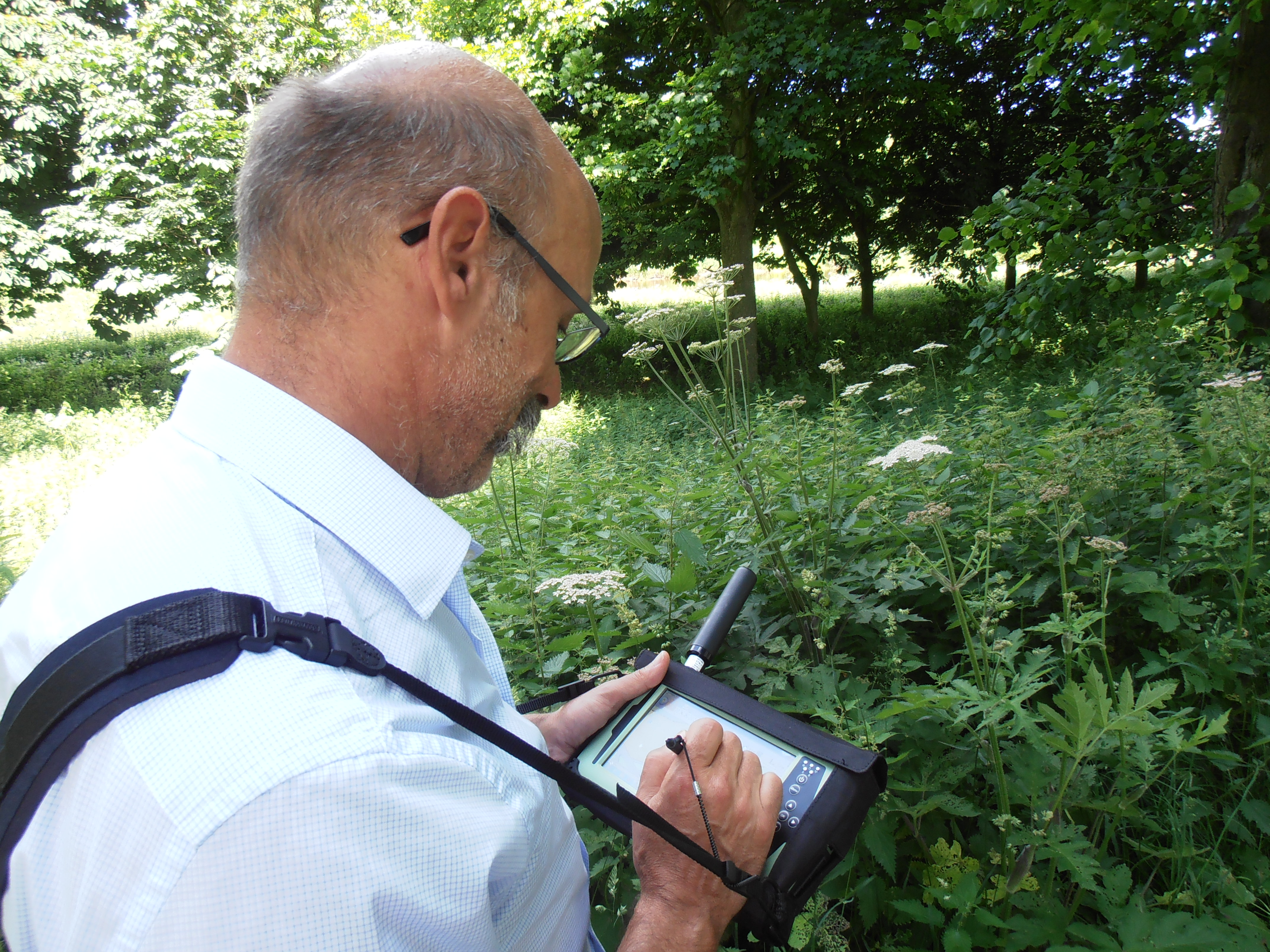
Our work to improve inspections and make penalties proportionate
Written by Andy King

To many, cross compliance is something of a mystery. I want to explain what it is, why it’s important and what we are doing to improve it, particularly considering the increased flexibility we now have from leaving the European Union (EU).
Introduced in 2005, cross compliance is a set of rules which farmers and land managers must follow on their holding if they are claiming rural payments and want to receive their payment in full. The rules are important as they help support key Defra policy outcomes including good agricultural practices, protecting the environment, public, animal and plant health as well as animal welfare.
Although generally accepted by industry, concerns were raised about how proportionate some of the payment reductions for non-compliance were and the inspection experience overall.
For some time, we have been thinking about potential improvements so that once we left the EU, we could take a more flexible approach and enact changes quickly.
Identifying areas to improve
We listened to industry, used insight from customers and colleagues to develop ideas. Last summer we agreed a series of changes to be delivered from January 2021. These changes were designed to improve:
- proportionality for any payment reductions
- the inspection experience for our customers
- the way RPA works in delivering cross compliance outcomes.
From the outset, we were clear that our work should enable and support a smooth and safe transition to future regulation and enforcement models, whilst still maintaining regulatory standards post EU Exit. Any work also needed to complement schemes that reward environmental land management activities.
Our improvements included:
- Using more warning letters where there is no risk to public or animal health or damage to the environment, rather than an automatic default to a payment reduction.
- Removing the need for cross compliance payment reductions to be generally 3% and by introducing lower percentage options for some non-compliances. We also introduced some lower severity options for our inspectors to use when assessing non-compliance. This helps make payment reductions more proportionate. For example, Nitrate Vulnerable Zone record keeping non-compliances which have minor harms now attract a lower percentage or even a warning letter.
- Giving inspectors more ownership by encouraging them to consider a customer’s overall attitude to cross compliance rules and any mitigating factors for non-compliance. This will directly impact the level of any payment reduction and helps ensure our inspections are more outcome-based.
- Making it easier for inspectors to signpost customers to information and guidance.
- Designing an inspections records checklist so that customers know what to expect from the inspection process.
- Increasing the effectiveness of our risk-based inspection selection processes to better target those customers posing a greater risk of non-compliance.
- Streamlining our inspector’s reporting system and improving the speed of post-inspection and payment processing.
- Radically simplifying our customer guidance, reducing duplication and ensuring a more user-friendly experience for our customers.
Delivering these outcomes has only been possible through a truly collaborative effort involving a variety of teams from across RPA and Defra, working with other delivery partners including APHA, engaging with key industry stakeholders to help prepare for the changes and with our lawyers to amend domestic legislation.
What we have achieved and our future ambition
These improvements are a first but important step towards a new regulatory and enforcement model.
They have delivered immediate benefits for our customers and for RPA administratively. Early customer feedback has been positive, particularly around the inspection records checklist. This is something industry pushed for and we were pleased to deliver it.
However, this is just the start.
We are already thinking about more far-reaching improvements we can make. These have the potential to move us another step closer to our new outcome-driven future regulation and enforcement model and better prepare us and our customers in delivering Defra’s new Agricultural Transition Plan.
The 2021 changes have also shown how the concept of co-design can work by listening to and working with industry. We are also acting on some of the concerns raised in the Health and Harmony consultation and the Dame Glenys Stacey review.
If you have any questions or would like to learn more about cross compliance and the work we have started, do let me know in the comments below.
Continue reading on Defra Future Farming Website...





